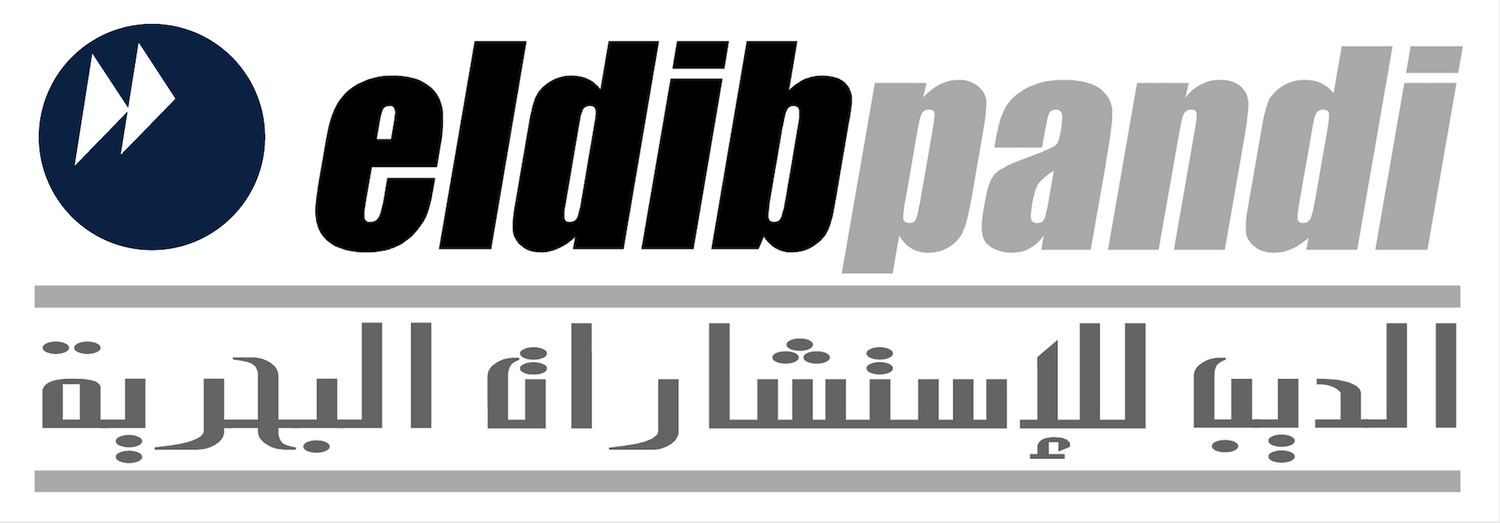Liability of pilotage in collision cases under Egyptian Law
When it comes to collision there are many factors to look at, one prominent factor being human error. We have recently encountered a collision case between a vessel and a berthed supply vessel in one of Egypt’s most congested ports. During berthing maneuvers of the vessel, she came into contact with a supply vessel berthed alongside the quay. Unfortunately, the supply vessel was triple berthed alongside the quay. Therefore, on account of the collision incident, the supply vessel came into contact with another supply vessel directly next to her, which resulted in a domino effect, reaching the last vessel alongside the quay, which then came into contact with the fixed fenders on that quay.
The abovementioned incident made us pose a very important question on the liability of pilots when it comes to collision cases. In this case, the pilot liability for negligent maneuvering was quite evident as the vessel being piloted alongside the quay is considered to be liable for direct losses, indirect losses and third-party claims from the incident.
In different jurisdictions around the world, pilotage is mandatory to different degrees and the vessel is liable for all incidents that may arise on account of the pilotage.
However, according to the Egyptian maritime law, pilotage is compulsory and mandatory in all ports and terminals. Moreover, the pilot’s role is merely for the guidance of the vessel and the command of the vessel and management stays with the Master at all times. Thus, the liability shall be completely with the vessel’s Master, even if the pilot has actually taken full command of the vessel.
To simplify all the relevant provisions, we have summarized these points as stipulated in the Egyptian Maritime Law No.8 for the year 1990:
1. Pilotage
Pilotage is mandatory.
It is the Master’s obligation to remain in command of their vessel, even if a pilot is on board the vessel, the liability remains with the Master.
The pilot cannot be held liable for damages attaining the vessel they are piloting.
The Liability during collision cases does not lie with the pilot even if the fault lies with the pilot.
2. Third party liability
The vessel’s furnisher and outfitter alone are responsible for damage caused to third parties in case of faults by the pilot during the pilotage process.
Even if no material collision has taken place, damages caused by one vessel to another or to the objects or persons on board such vessel, due to a movement made by the vessel or by neglecting to make such movement, or also by the failure to observe the provisions prescribed in national legislations or the international conventions in force in the Arab Republic of Egypt concerning the regulation of sailing on seas, the provisions prescribed in collision cases shall apply in regards to compensation.
3. Possible Liability of the pilot
The vessel’s furnisher and outfitter alone are responsible for damage caused to the pilot’s boat during the pilotage process unless the damage is due to gross fault by the pilot.
The vessel’s furnisher and outfitter alone are responsible for injury caused to the pilot or the crew of the pilot’s boat during the pilotage process unless the injury was due to the fault of the pilot or the crew.
With that being said, vessel Masters should always keep in mind that although pilotage is mandatory and necessary, they are entitled to give their advice and intervene if they deem the pilot in error. Therefore, we recommend to the Master to stay alert and if necessary use their right to intervene.
Should you have any further queries, please do not hesitate to contact members of our team.
